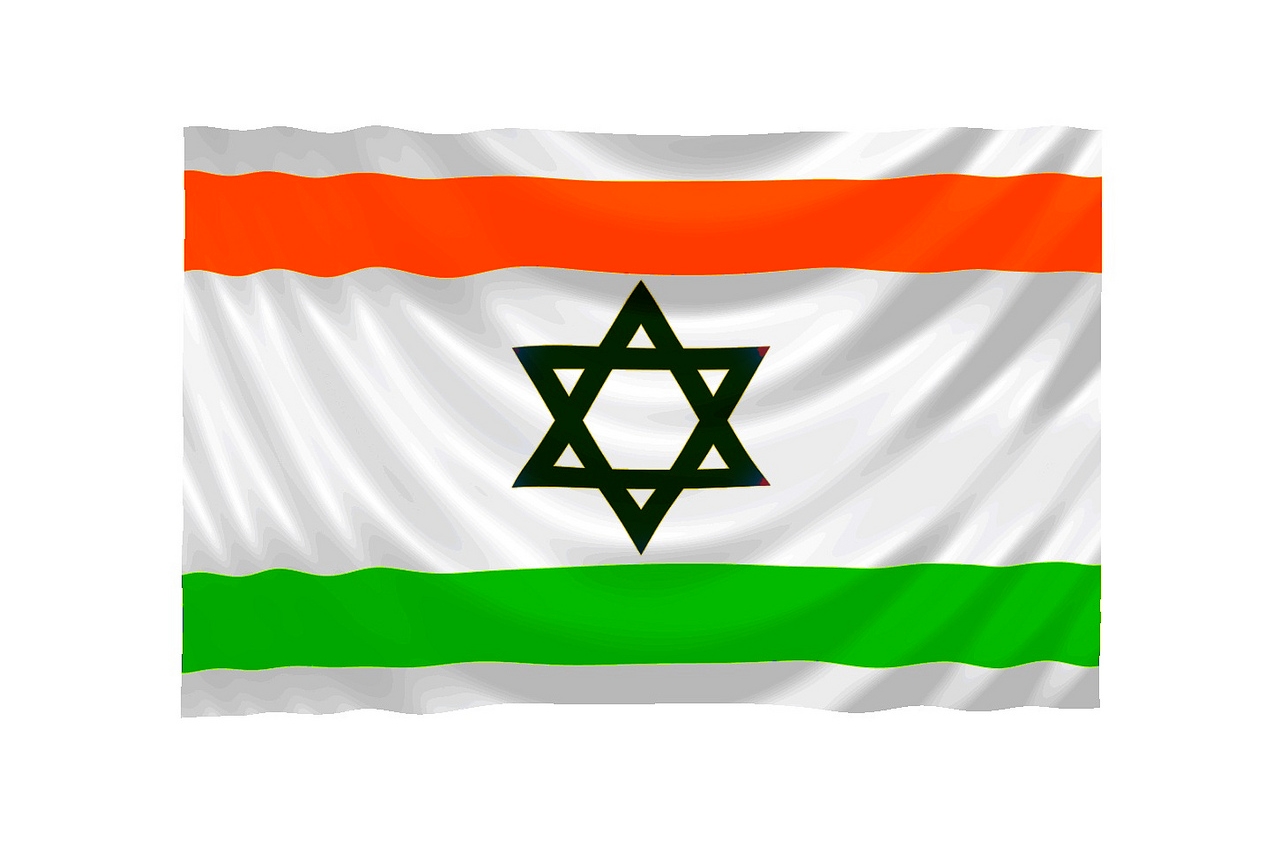By: David O. Monda
The presence of Israeli Prime Minister Benjamin Netanyahu at festivities surrounding the inauguration of President Uhuru Kenyatta illustrates Tel Aviv’s continuing diplomatic offensive to gain allies on the African continent. The history of Israel and Africa has been frosty at best. The Yom Kippur War and the resultant Oil Crisis in 1973 forced many African countries to sever relations with Israel or face economic ruin. However, the close association of Israel and the apartheid regime in South Africa did the most to sour relations between Africa and the Jewish state.
Prime Minister Netanyahu has brought a reevaluation of Israel’s foreign policy priorities in relation to Africa. Israel has sought to reengage the African continent and specifically the Sub Saharan region where it is likely to have more fruitful returns on its diplomatic efforts relative to the Northern African states. In July 2016, the Prime Minister met the heads of state of Uganda, Kenya, Rwanda, and Ethiopia in Entebbe, Uganda. At the Economic Community of West African States (ECOWAS) conference in Monrovia Liberia in June this year, Netanyahu stressed Israel’s ability to provide technological and military support to African countries.
This diplomatic effort has not come without challenges. For example, the Israel-African Summit scheduled for October 2017 in Lomé Togo had to be postponed after protests from some African countries to Israel’s presence. Mauritania also forced Israel to close its embassy in Nouakchott. These setbacks notwithstanding, the Israeli government has continued to reach out for more allies on the continent. The efforts appear to be bearing fruit with Rwanda announcing recently that Israel will open the first diplomatic mission in that country.
Netanyahu’s diplomatic offensive comes on three fronts. Israel looks to gain more diplomatic support for its initiatives on the continent and to drive a wedge in the historically close ties between African and Arab speaking nations of the Middle East. Secondly, Israel seeks to increase the diplomatic leverage the country has in diplomatic forums such as the African Union and the United Nations. Resolutions from these organizations have historically criticized Israel’s policy in the Middle East. Netanyahu is out to change this. The third front is to increase the security cooperation between Africa and Israel. Many African nations train their military leadership in Israel and procure weapons from the country. In addition to this, Kenya, Uganda, and Ethiopia have troops in Somalia under the umbrella of the African Union Mission in Somalia (AMISOM). The appearance of the Israeli Prime Minister in Nairobi is a perfect opportunity for his nation to reach out to three key allies critical to securing the Horn of Africa. Instability in the Horn of Africa has ripple effects on the security matrix in Yemen where Israel is engaged in a proxy war against Iran.
In Netanyahu’s words, “Israel is coming back to Africa and Africa is coming back to Israel”. Africa provided a safe haven for the infant messiah escaping the fury of a recalcitrant King Herod. Two thousand years later, Netanyahu seeks diplomatic refuge from Africa for Israel in light of a hostile global diplomatic environment. Uhuru’s inauguration was a good place to begin building bridges with African states.
David O. Monda is professor of Political Science at City University of New York










“illustrates Tel Aviv’s continuing diplomatic offensive”
*Jerusalem’s continuing diplomatic offensive
Fix this error.